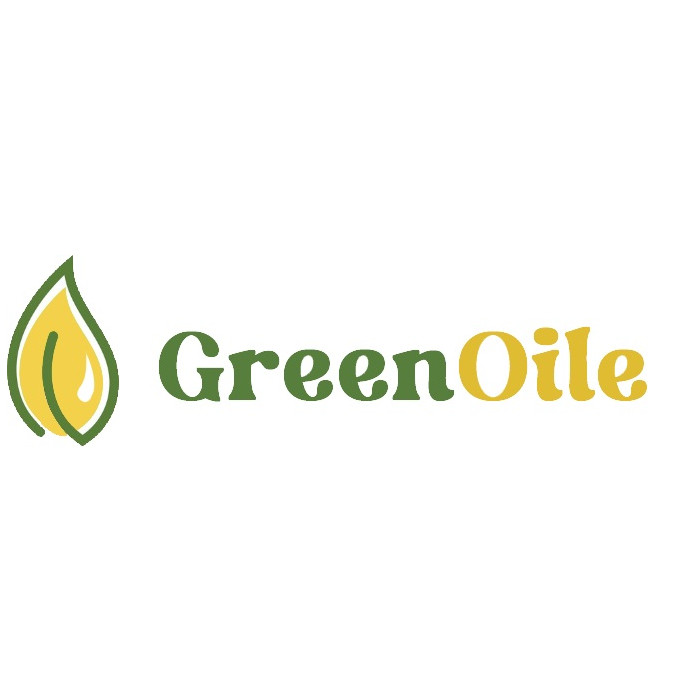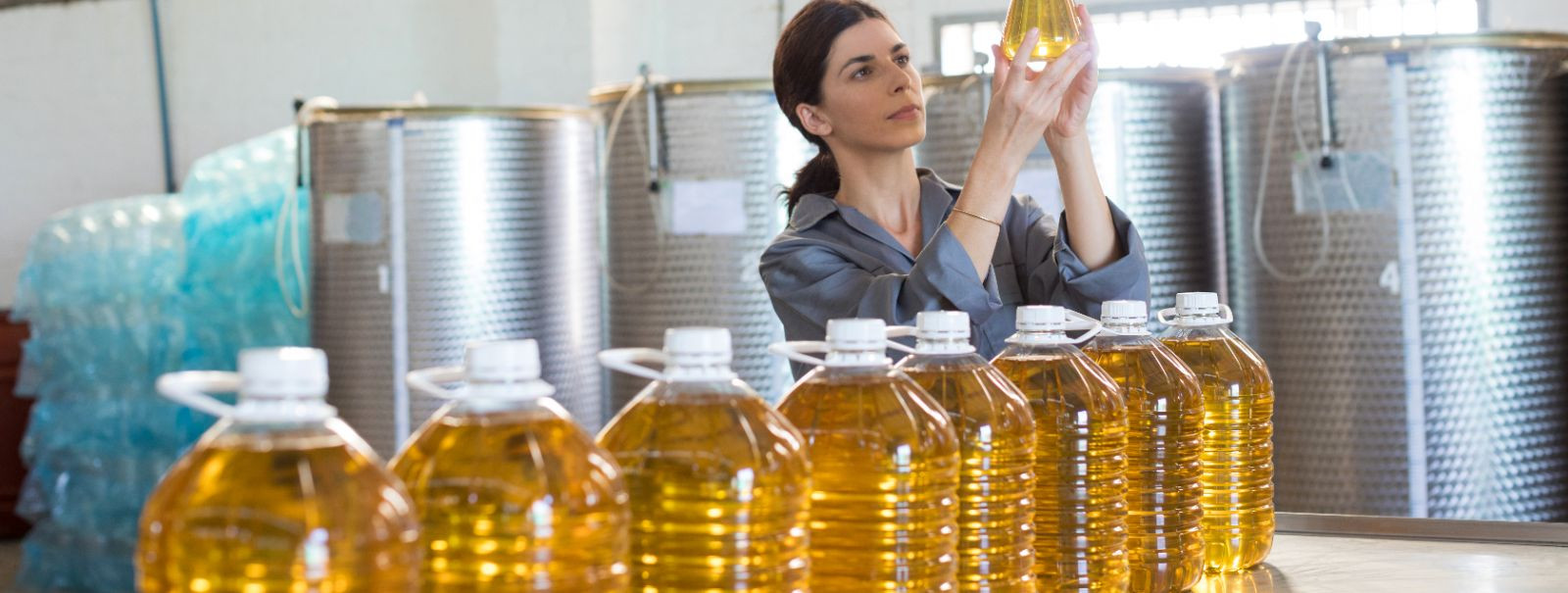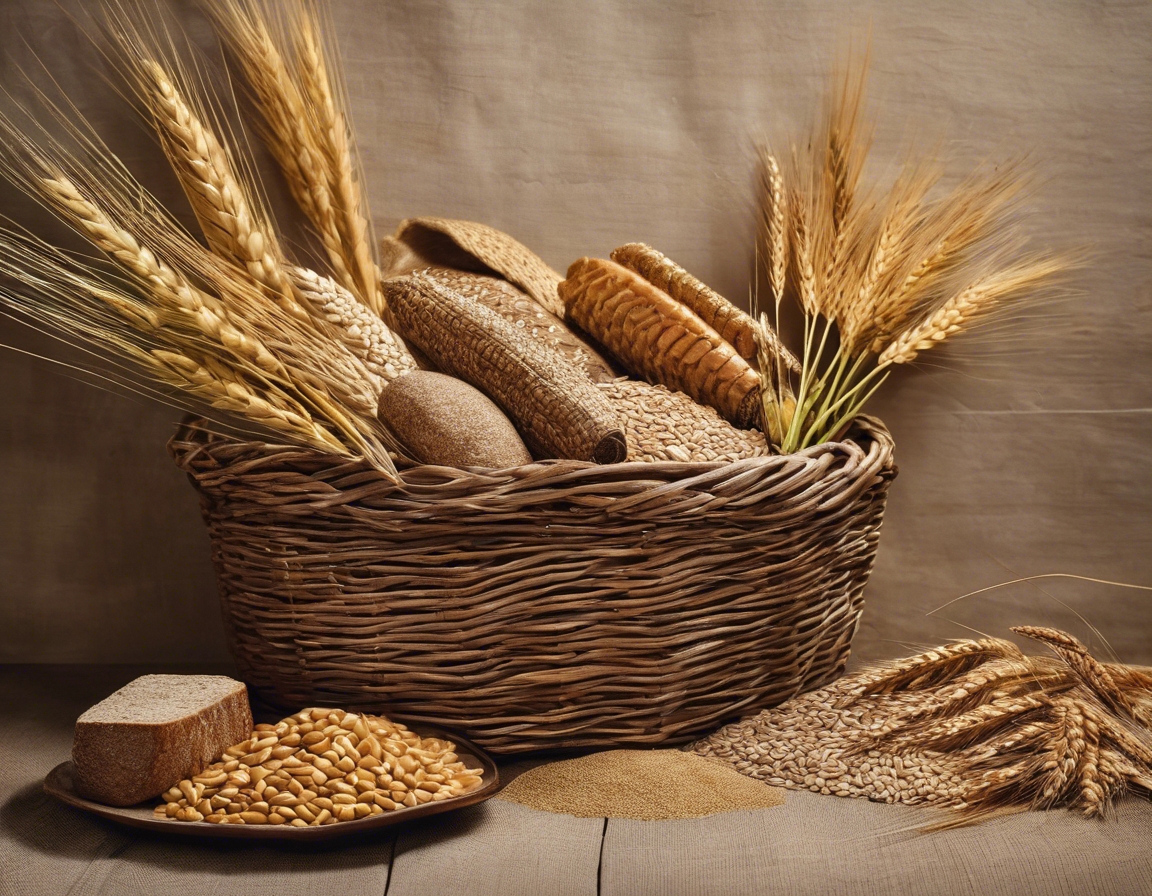Sustainable practices in vegetable oil production
In recent years, the demand for sustainable food products has surged, driven by increasing consumer awareness about environmental issues and health concerns. Vegetable oil production, a significant component of the global food industry, is no exception. As a company committed to sustainability, GREENOILE OÜ is at the forefront of implementing eco-friendly practices in vegetable oil production, ensuring that our products meet the highest standards of quality and sustainability.
The Importance of Sustainability in the Food Industry
Sustainability in the food industry is crucial for preserving natural resources, reducing environmental impact, and ensuring food security for future generations. The production of vegetable oils, which are widely used in cooking, food processing, and as ingredients in various products, must align with sustainable practices to minimize its ecological footprint.
Key Sustainable Practices in Vegetable Oil Production
One of the primary steps in sustainable vegetable oil production is the responsible sourcing of raw materials. This involves selecting suppliers who adhere to sustainable farming practices, such as crop rotation, reduced pesticide use, and soil conservation techniques. By choosing sustainably grown crops, we ensure that our oils are not only high-quality but also environmentally friendly.
Energy consumption is a significant factor in the production of vegetable oils. Implementing energy-efficient technologies and utilizing renewable energy sources, such as solar or wind power, can significantly reduce the carbon footprint of production facilities. GREENOILE OÜ is committed to investing in energy-efficient machinery and exploring renewable energy options to power our operations.
Water is a vital resource in vegetable oil production, used in various stages from crop irrigation to processing. Sustainable practices include optimizing water usage through efficient irrigation systems, recycling water within production processes, and implementing water-saving technologies. These measures help conserve water resources and reduce the environmental impact of production.
Effective waste management is essential for sustainable production. This involves minimizing waste generation, recycling by-products, and properly disposing of any waste materials. By adopting a circular economy approach, GREENOILE OÜ aims to reduce waste and promote the reuse of materials wherever possible.
Consumers increasingly seek organic and non-GMO products for their health benefits and lower environmental impact. Obtaining organic and non-GMO certifications ensures that our vegetable oils meet these consumer demands while supporting sustainable agricultural practices.
Benefits of Sustainable Vegetable Oil Production
Sustainable practices in vegetable oil production help reduce greenhouse gas emissions, conserve biodiversity, and protect ecosystems. By minimizing the environmental impact of production, we contribute to a healthier planet.
Adopting sustainable practices can lead to cost savings through increased efficiency and reduced resource consumption. Additionally, meeting consumer demand for sustainable products can open new market opportunities and enhance brand reputation.
Sustainably produced vegetable oils are often free from harmful chemicals and additives, offering a healthier option for consumers. These oils retain their natural nutrients, providing essential fatty acids and vitamins that support a balanced diet.
Challenges and Future Directions in Sustainable Vegetable Oil Production
While significant progress has been made, challenges remain in achieving full sustainability in vegetable oil production. These include the need for technological advancements, overcoming economic barriers, and ensuring widespread adoption of sustainable practices. GREENOILE OÜ is dedicated to addressing these challenges and leading the industry towards a more sustainable future.








Comments (0)